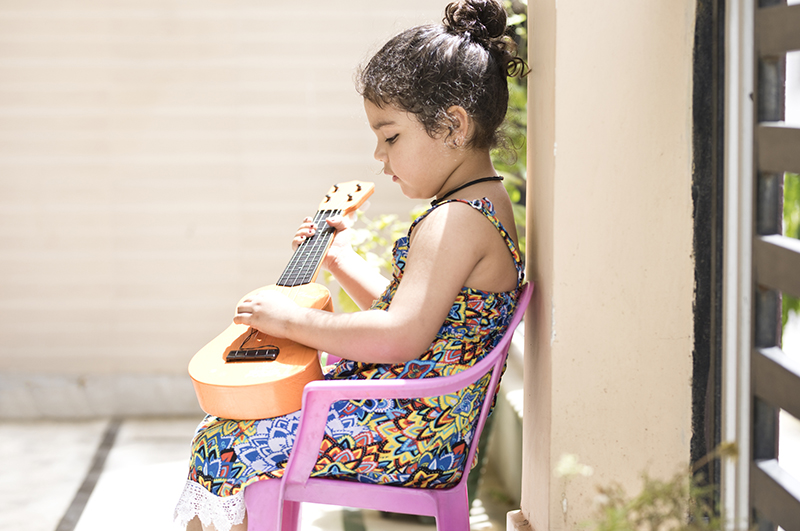Families For Life | Imagining and Creating: School-Age Children

Your school-age child’s imagination and creativity are skyrocketing. New experiences fuel this creativity, and you still have a big role in helping your child get the most out of these experiences. Here are play ideas and creative activities to nurture your child’s imagination.
What to expect with your child’s imagination
By school-age, your child will probably:
have a clearer understanding of what’s real and what’s pretend
be able to plan new creative arts, including drawing, painting, dance and music
have a rich imagination and enjoy pretend play – for example, he might think up detailed and even impossible situations and invent amazing ‘machines’
start to grow out of fears – for example, fear of monsters, the dark and dogs – at around six years.
You can get your child’s imagination going by encouraging her to make up stories, inventions, games and drawings. Playing dress-ups and doing puppet plays also boosts your school-age child’s creative development and teaches her how to solve problems through creative thinking.
Your child will be more likely to get involved in creative and imaginative activities if you put some limits on screen time – that is, time spent in front of televisions, computers, tablets, mobile phones and other electronic devices.
Play ideas and creative activities to encourage imagination in school-age children
Children can’t resist being imaginative and creative if you give them the chance for unstructured, open-ended play. They also need time and space to explore.
Here are some play ideas and creative activities to get your child going:
Tell stories and read books. Encourage your child to come up with new endings to stories or tell you what might happen next.
Keep a craft box that your child can help himself to when he likes. You can fill it with paints, pencils, paste, scrap paper and other materials that your child can use to create pictures, collages, paintings and more.
Play word games, including silly rhymes and riddles. This gets your child using her imagination to come up with answers.
Give your child old clothes and handbags for dress-ups and pretend play.
Build playhouses with cardboard boxes or other household odds and ends.
Try out different musical instruments, or listen to different types and styles of music together.
Watch and talk about fantasy movies suitable for children.
Visit the zoo or museum, or walk along the beach. These new experiences help to give your child new ideas.
Children love to play, and play helps them to develop skills they need for problem-solving, experimenting, thinking and learning. A great way to encourage this development is to let your child take the lead in play, while you take a supporting role.
All children develop at their own pace – they don’t all do the same things at the same time and in the same way. But if you’re concerned about any aspect of your child’s learning, wellbeing or development, it’s a good idea to talk with your child’s teacher or your General Practitioner (GP).
© raisingchildren.net.au, translated and adapted with permission
Explore more